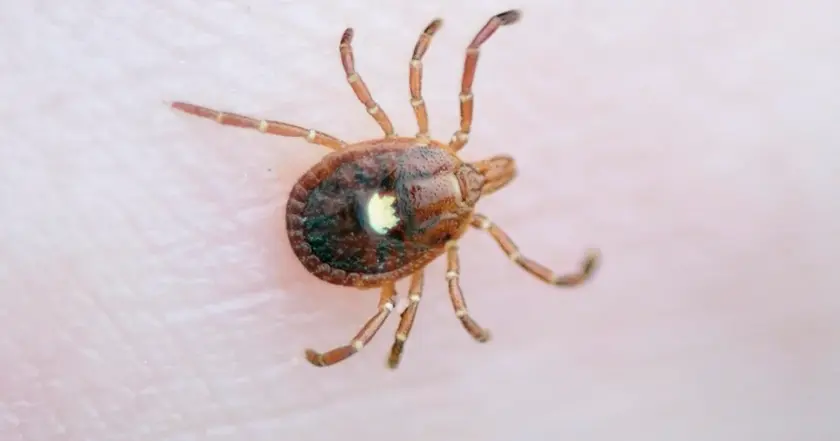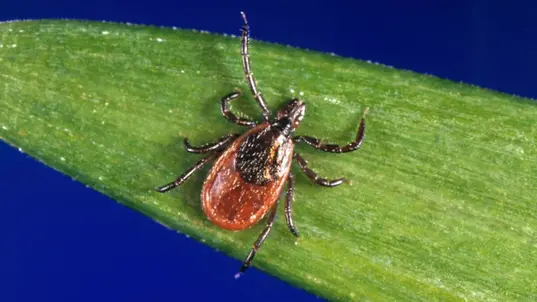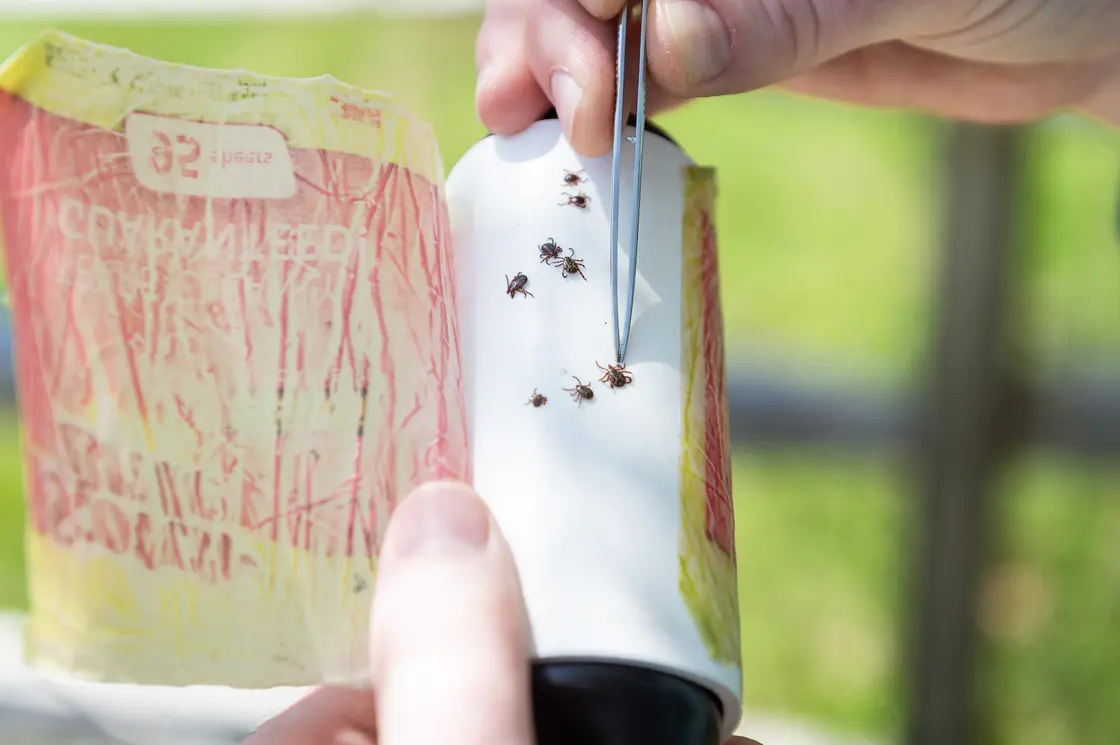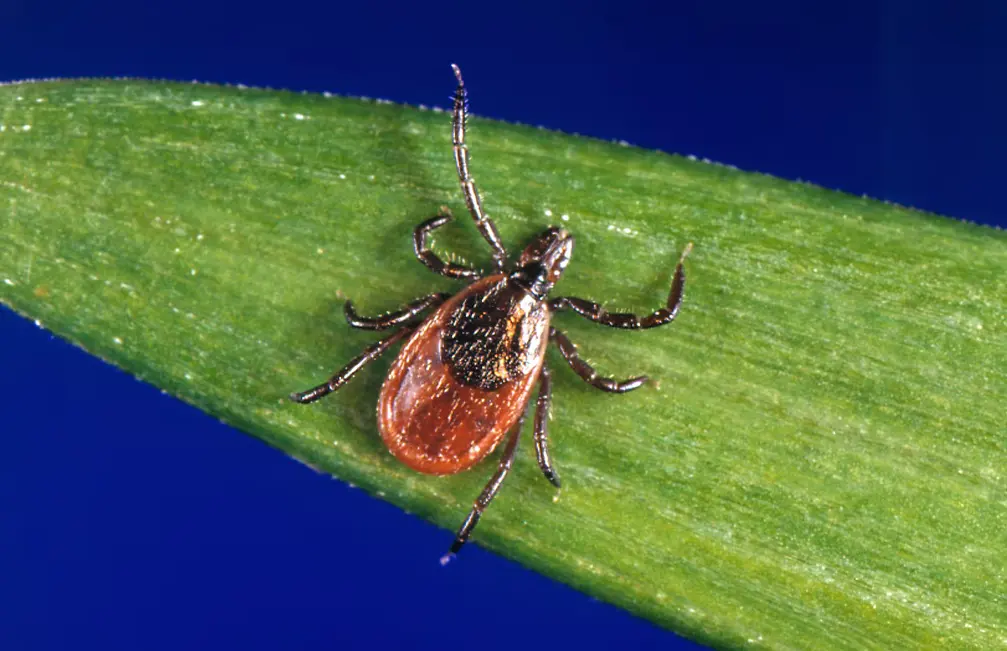T4K3.news
Public health alert on alpha-gal allergy rising on Martha's Vineyard
A tick-related allergy is rising on Martha’s Vineyard, prompting new menu options and health guidance for residents and visitors.

A tick-related allergy is rising on Martha's Vineyard, changing how people eat and how local businesses respond.
Meat, dairy allergies from tick bites skyrocketing on Martha's Vineyard expert says
Martha’s Vineyard is seeing a surge in alpha-gal syndrome linked to Lone Star ticks. Experts say the ticks arrived on the island due to climate shifts and a growing deer population, expanding what was once a rare allergy into a common concern. Public testing shows the number of positive allergy tests rising from 32 in 2021 to more than 500 in 2024.
Medical guidance emphasizes that preventing tick bites is the best path toward possible remission, while bites can worsen the allergy or keep it active. In practice, restaurants, food trucks, and other eateries are adding alpha-gal friendly options so diners can still eat out without triggering reactions. The situation highlights how changes in ecosystems can ripple through local economies and health care needs.
Key Takeaways
"It is skyrocketing across the island."
Biologist notes rising alpha-gal cases on the island
"More tick bites can send you back into allergy or keep you there."
Epidemiologist on remission and prevention
"Alpha-gal syndrome has been explosive on Martha’s Vineyard."
Public statement on impact by an epidemiologist
"Alpha-gal is now a selection you can choose on your list of allergies if you order takeout."
Menu adaptation of allergy labeling
The rise on a small island shows how climate and wildlife shifts can create new public health challenges. When deer populations and tick species intersect with a tourism economy built on dining, the stakes go beyond medicine to the local economy and daily life. Policy makers will need to balance education, testing, and labeling without sowing unnecessary fear. Clear guidance for clinicians and menu labeling will be essential to help residents and visitors navigate the changing food landscape.
This is also a reminder that health data can evolve quickly. As more cases are identified, there is a risk of misinformation spreading faster than science can confirm it. The focus should be on practical prevention, accurate testing, and transparent communication with the public to prevent panic and protect vulnerable groups.
Highlights
- It is skyrocketing across the island.
- Remission is possible but bite prevention is key.
- Alpha gal changes the dining scene one bite at a time.
- Menu changes are a public health response not a trend.
Public health burden and policy uncertainty
The rise in alpha-gal allergy on Martha’s Vineyard intersects health, economy, and local policy. With testing numbers rising sharply, there is a clear public health burden and a need for coordinated guidance. Policy responses, labeling, and prevention messaging must be handled carefully to avoid misinformation and unintended consequences for local businesses.
Staying informed and vigilant will help communities adapt without losing the edge that makes local life special.
Enjoyed this? Let your friends know!
Related News

Tick allergy reshapes Marthas Vineyard dining

Powassan case on Martha's Vineyard

West Tisbury Infant Contracts Rare Powassan Virus

Investigation Begins into Powassan Virus Case

Investigation into Powassan virus case on Martha’s Vineyard

France heatwave reaches red alert

Newborn infected with rare virus after Martha's Vineyard walk

Newborn infected with Powassan virus in Martha's Vineyard
